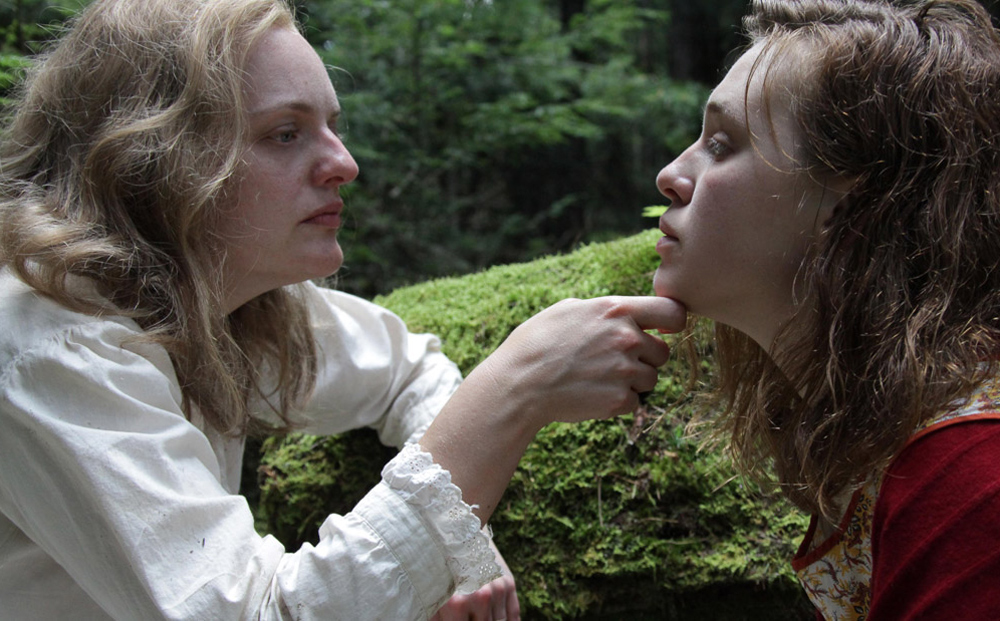Perhaps the greatest tribute Josephine Decker could offer Shirley Jackson in “Shirley” is the amount of horror that occurs in broad daylight, honoring the author whose arguably most famous work “The Lottery” showed the evil that creeps in when something unacceptable becomes ritualized and unquestioned. No literal blood is drawn, but stones are thrown by Decker, who weaponizes what were always bound to be the most daunting prospects of “Shirley,” avoiding the traps inherent in dramatizing the life of a famous writer and enlivening the film’s period setting, cleverly using Jackson’s iconography as a looming ironic counterpoint to the mediocre people that make Elizabeth Moss’ incarnation feel like the least important person in the room and allowing her considerable way with words to twist the verbiage of the day into what would seem like its next evolution, or at the very least the language of classics that wouldn’t diminish over time.
There’s a somewhat familiar template at the heart of “Shirley,” in which the legend’s essence is revealed when a mere mortal crosses her path, but Decker and writer Sarah Gubbins drama excites at every turn after introducing Rose Nemster (Odessa Young) to the author when their respective husbands Stanley (Michael Stuhlbarg) and Fred (Logan Lerman) are set to work alongside each other at Bennington College. Initially, Shirley doesn’t want to bother learning Rose’s name, figuring the couple will be in and out of their house as her capricious husband loses interest in grooming Fred for a tenured job, but their latest housekeeper has quit and Stanley prevails upon Rose to take up domestic duties, in spite of her clear interest in resuming her own academic career, meaning the couple will be staying at least for a full semester. Rose can be seen preparing breakfast the very next morning, where the sizzle of the bacon is made to fill the air like static and the creaking floorboards of the ceiling above the kitchen sound like the walls are caving in, a sensation that clearly Shirley has become acclimated to if never comfortable with as she idles days away while trying to crack her latest novel.
Besides Rose, who is made to stay with Shirley, no one actually believes she is actually writing, with most of the Bennington community, including her husband it would seem, believing that her lack of a public presence or social graces when she is known to refuse invitations to cocktail parties is an indication of madness, but then again female sexual frustration was once misdiagnosed as hysteria, and the film flips what’s seen as disturbing behavior from Shirley to those around her. As a hallmark of Decker’s work since her debut “Butter on the Latch,” this is passionately expressed through the meticulous sound design that gets inside of the head of the characters and “Victoria” cinematographer Sturla Brandth Grøvlen‘s camerawork that chases down the emotion of any given scene, but this is also the strongest cast that the filmmaker has to work with before and the layers of performance involved on the part of Young and Moss as Shirley and Rose strip away each other’s defenses prove as breathtaking as what they wring out from one another in reminding themselves of the power they have. Yet “Shirley” offers the great privilege of being able to see that from the start.
“Shirley” is now streaming on Hulu.




